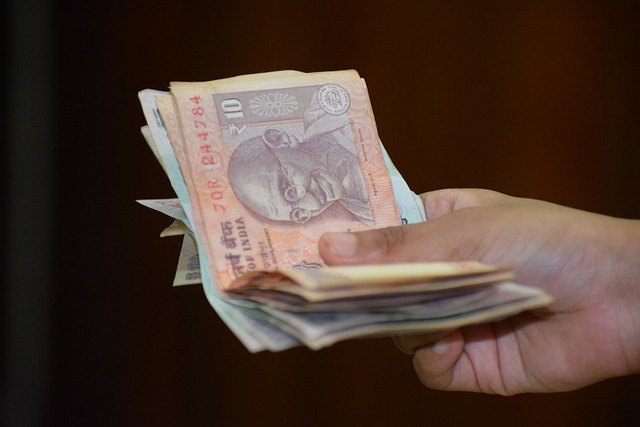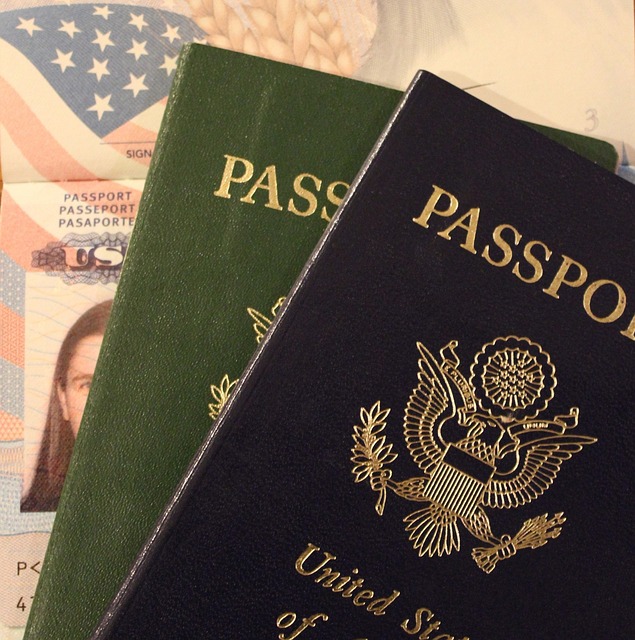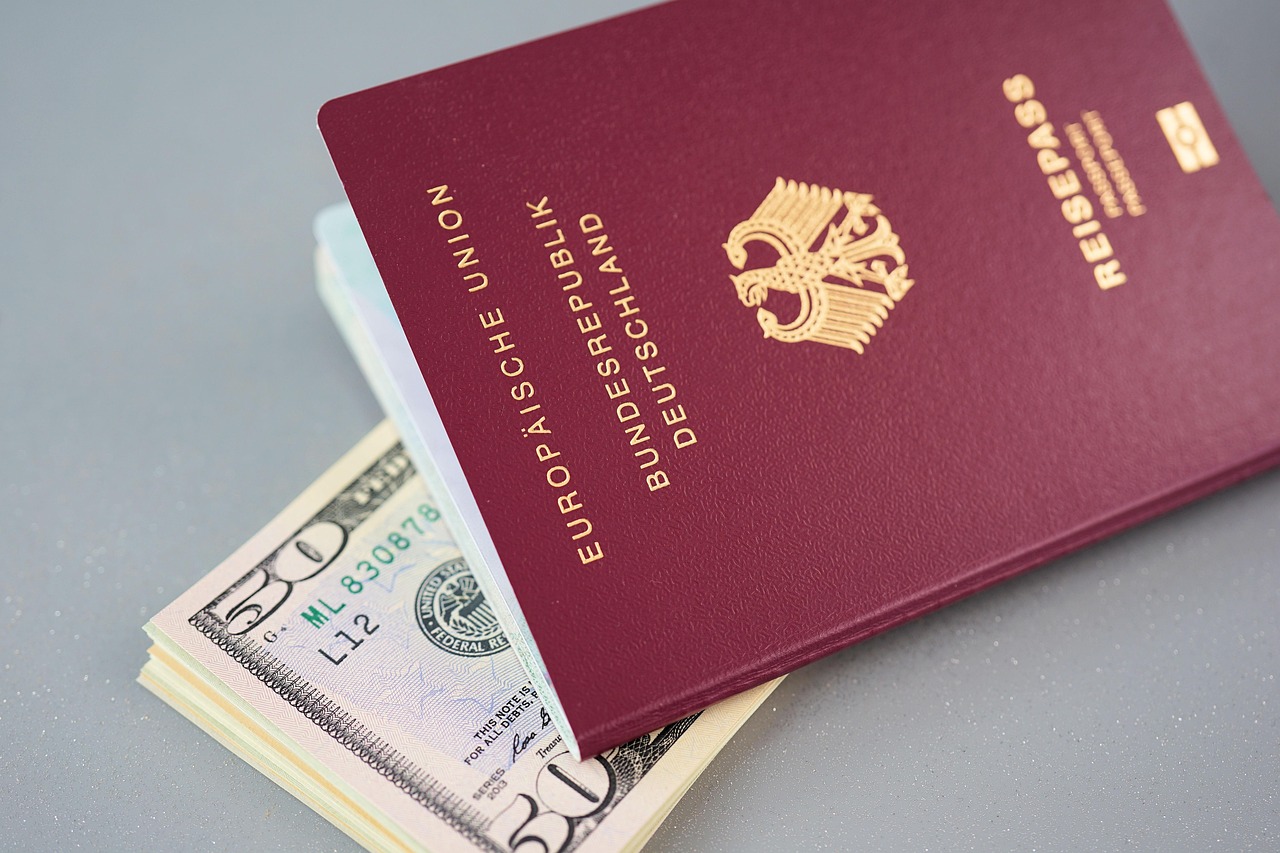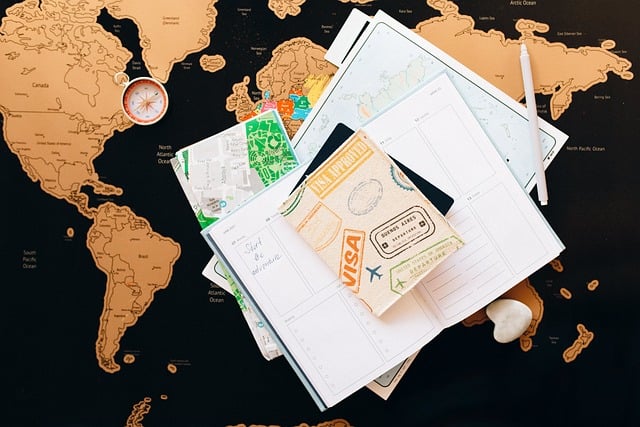Costs Associated with Dutch Citizenship

Obtaining Dutch citizenship is a significant milestone that comes with various costs. These costs can vary depending on the pathway to citizenship, such as naturalization, option procedure, or citizenship by marriage. Understanding the financial implications is essential for planning and budgeting. This article provides a detailed overview of the costs associated with Dutch citizenship, including application fees, language exams, and other potential expenses.
1. Application Fees
The primary cost associated with Dutch citizenship is the application fee, which varies depending on the type of application and the applicant’s age.
Naturalization
- Adults: The application fee for naturalization is approximately €925.
- Minors (under 18): The fee for minors is around €126.
Option Procedure
- Adults: The application fee for the option procedure is approximately €214.
- Minors (under 18): The fee for minors is around €51.
Citizenship by Marriage
- The fees for citizenship by marriage are the same as those for naturalization, as it follows the same process.
2. Civic Integration Examination (Inburgeringsexamen)
To qualify for Dutch citizenship, applicants must pass the Civic Integration Examination (inburgeringsexamen). This exam assesses proficiency in the Dutch language and knowledge of Dutch society.
Examination Fees
- Full Exam: The cost of the full Civic Integration Examination is approximately €350.
- Individual Components: If you need to retake specific parts of the exam, each component (e.g., speaking, writing, reading, listening, and knowledge of Dutch society) costs around €50-€60.
Preparation Costs
- Language Courses: Enrolling in Dutch language courses can be a significant expense. Costs vary depending on the institution and the intensity of the course, but expect to pay between €500 and €2,000 for a comprehensive course.
- Study Materials: Books, online resources, and practice exams can add to the cost. Budget around €100-€300 for study materials.
3. Legalization and Translation of Documents
Applicants are required to submit various documents, such as birth certificates, marriage certificates, and proof of residence. These documents often need to be legalized and translated into Dutch.
Legalization
- Apostille: For countries that are part of the Hague Apostille Convention, obtaining an apostille can cost around €20-€50 per document.
- Consular Legalization: For countries not part of the Hague Convention, consular legalization can be more expensive, costing €50-€100 per document.
Translation
- Certified Translation: Official translations by certified translators can cost between €30 and €100 per document, depending on the length and complexity.
4. Miscellaneous Costs
There are several other potential costs associated with the Dutch citizenship process.
Travel and Accommodation
- Travel to Exam Centers: If you need to travel to take the Civic Integration Examination or attend the citizenship ceremony, consider the costs of transportation and accommodation.
- Citizenship Ceremony: Some municipalities may charge a small fee for attending the citizenship ceremony, typically around €50-€100.
Legal Advice
- Immigration Lawyer: Consulting an immigration lawyer can be beneficial, especially if your case is complex. Legal fees can range from €100 to €300 per hour, with total costs varying based on the complexity of your case.
Renunciation of Previous Nationality
- Renunciation Fees: If you are required to renounce your previous nationality, there may be fees associated with this process. These fees vary by country and can range from €50 to €500.
5. Financial Assistance and Payment Plans
For those who may find the costs prohibitive, there are options for financial assistance and payment plans.
Municipal Payment Plans
- Some municipalities offer payment plans that allow you to pay the application fees in installments. Check with your local municipality for availability and terms.
Language Course Subsidies
- In some cases, you may be eligible for subsidies or financial assistance for language courses. The Dutch government and various organizations offer programs to help cover the costs of integration courses.




